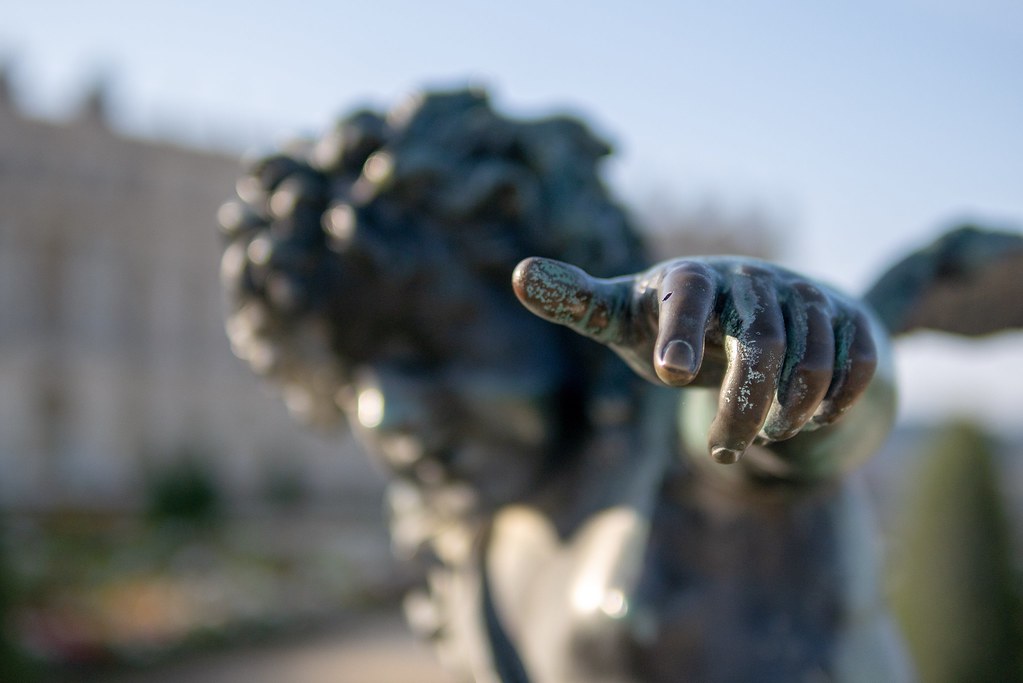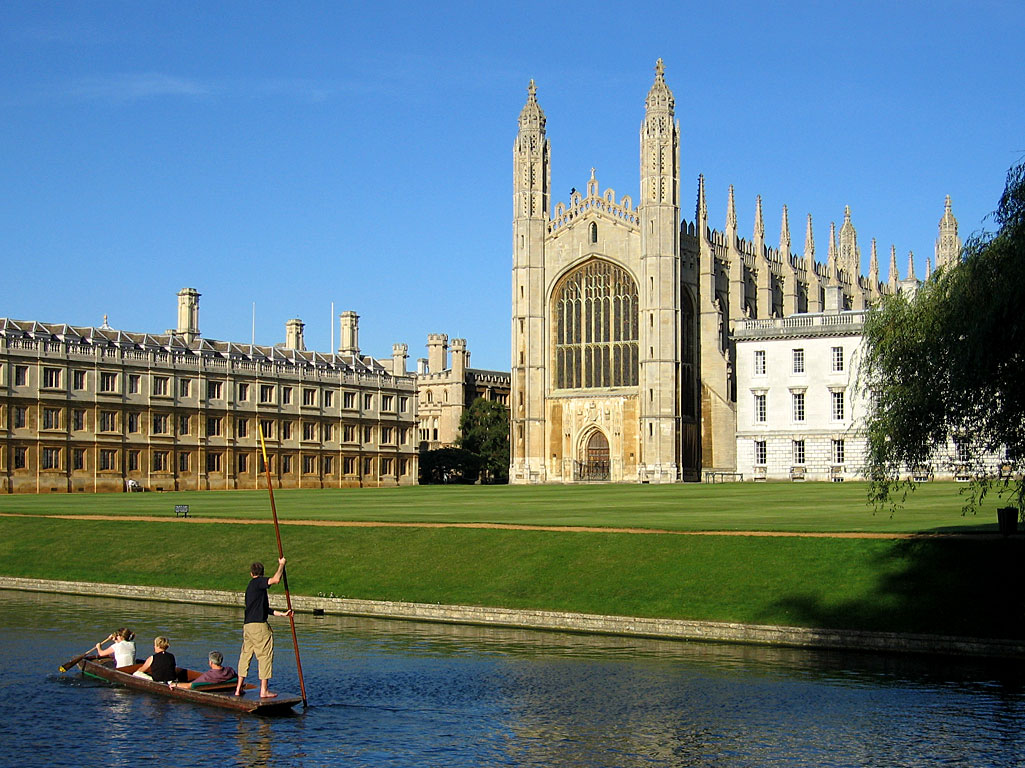Of course, "4ever"
| |
- E-mail - orgNote -  Report post to moderator Report post to moderator |
How popular is/was Prince in Zambia? [Edited 9/2/18 2:40am] A COMPREHENSIVE PRINCE DISCOGRAPHY (work in progress ^^): https://sites.google.com/...scography/ | |
- E-mail - orgNote -  Report post to moderator Report post to moderator |
How popular is/was Prince in Cameroon? A COMPREHENSIVE PRINCE DISCOGRAPHY (work in progress ^^): https://sites.google.com/...scography/ | |
- E-mail - orgNote -  Report post to moderator Report post to moderator |
Teesside, UK | |
- E-mail - orgNote -  Report post to moderator Report post to moderator |
Oh great. Now I have to take a shot from the steps of Verse Eye. The Colors R brighter, the Bond is much tighter
No Child's a failure Until the Blue Sailboat sails him away from his dreams Don't Ever Lose, Don't Ever Lose Don't Ever Lose Your Dreams | |
- E-mail - orgNote -  Report post to moderator Report post to moderator |
[Edited 9/2/18 6:38am] [Edited 9/2/18 6:45am] The Colors R brighter, the Bond is much tighter
No Child's a failure Until the Blue Sailboat sails him away from his dreams Don't Ever Lose, Don't Ever Lose Don't Ever Lose Your Dreams | |
- E-mail - orgNote -  Report post to moderator Report post to moderator |
. | |
- E-mail - orgNote -  Report post to moderator Report post to moderator |
"Time is space spent with U" | |
- E-mail - orgNote -  Report post to moderator Report post to moderator |
"Time is space spent with U" | |
- E-mail - orgNote -  Report post to moderator Report post to moderator |
The Colors R brighter, the Bond is much tighter
No Child's a failure Until the Blue Sailboat sails him away from his dreams Don't Ever Lose, Don't Ever Lose Don't Ever Lose Your Dreams | |
- E-mail - orgNote -  Report post to moderator Report post to moderator |
The Colors R brighter, the Bond is much tighter
No Child's a failure Until the Blue Sailboat sails him away from his dreams Don't Ever Lose, Don't Ever Lose Don't Ever Lose Your Dreams | |
- E-mail - orgNote -  Report post to moderator Report post to moderator |
The Colors R brighter, the Bond is much tighter
No Child's a failure Until the Blue Sailboat sails him away from his dreams Don't Ever Lose, Don't Ever Lose Don't Ever Lose Your Dreams | |
- E-mail - orgNote -  Report post to moderator Report post to moderator |
. I'm Hungarian, currently living in England. . . There seem to be quite a few misconceptions regarding the so-called Eastern block countries in how much access we had to Western culture in general. It's understandable though – and of course it is true that the Iron Curtain did mean very real restrictions, but those restrictions weren't always ideology-based, but often simply results of the economic structure of Poland, Czechoslovakia, Hungary, Romania, Eastern Germany, Albania, Bulgaria (and to some degree: Yugoslavia) that was quite disconnected from the free market. A lot of the misconceptions actually originate from the cold war, when both the USA and the USSR were busy spreading propaganda about each other, and I vividly remember some American friends who were studying at a Hungarian university in the mid-'80s telling me how positively surprised they were when they arrived to see that people weren't dressed in grey uniforms as they were led to believe by Cold War propaganda and that we had a vibrant cultural life and how much they enjoyed the country. [Edited 9/2/18 11:09am] Please sign my petition: https://c.org/B8L8SPz9Wf
The Paisley Park Vault spreadsheet: https://goo.gl/zzWHrU | |
- E-mail - orgNote -  Report post to moderator Report post to moderator |
"Time is space spent with U" | |
- E-mail - orgNote -  Report post to moderator Report post to moderator |
[Edited 9/2/18 9:48am] "Time is space spent with U" | |
- E-mail - orgNote -  Report post to moderator Report post to moderator |
. [Edited 9/2/18 10:11am] Please sign my petition: https://c.org/B8L8SPz9Wf
The Paisley Park Vault spreadsheet: https://goo.gl/zzWHrU | |
- E-mail - orgNote -  Report post to moderator Report post to moderator |
"Time is space spent with U" | |
- E-mail - orgNote -  Report post to moderator Report post to moderator |
^^^ Thank you Kares and Cat for those lenghty replies. That was super interesting to read A COMPREHENSIVE PRINCE DISCOGRAPHY (work in progress ^^): https://sites.google.com/...scography/ | |
- E-mail - orgNote -  Report post to moderator Report post to moderator |
. Another thing worth noting is that although we didn't have a lot of Western pop or rock bands playing concerts in Hungary, those rare occasions when truly big stars visited us became extremely important events not only culturally, but politically too – such as Louis Armstrong's 1965 concert in Budapest's biggest stadium, for an audience of at least 80,000. Please sign my petition: https://c.org/B8L8SPz9Wf
The Paisley Park Vault spreadsheet: https://goo.gl/zzWHrU | |
- E-mail - orgNote -  Report post to moderator Report post to moderator |
Not that far from USA, of course, but foreign nonetheless. New Brunswick, Canada here. Highest tides in the world baby!
[Edited 9/2/18 11:34am] | |
- E-mail - orgNote -  Report post to moderator Report post to moderator |
"Time is space spent with U" | |
- E-mail - orgNote -  Report post to moderator Report post to moderator |
From my trading days, I would say the majority of Prince’s hardcore fans are from outside of the US. Back when I was active, I traded with great people from all conners of the world. His worldwide popularity is one of the great things about being a Prince fan. Just another thing we all have in common. | |
- E-mail - orgNote -  Report post to moderator Report post to moderator |
New Zealand, but I have an American passport. | |
- E-mail - orgNote -  Report post to moderator Report post to moderator |
. Some of the foreign bands who played in Budapest during the Soviet regime actually played for a lot less money than their usual fee because they respected the fact that ticket prices couldn't be as high as in the West but they were interested in playing for their fan bases behind the Iron Curtain too. Please sign my petition: https://c.org/B8L8SPz9Wf
The Paisley Park Vault spreadsheet: https://goo.gl/zzWHrU | |
- E-mail - orgNote -  Report post to moderator Report post to moderator |
Cape Town, South Africa I enjoy exposing people to his lesser known gems. They’re always surprised when I tell them it’s Prince playing. I get a sense of pride when I get that reaction. It’s weird. He’s more than just a favorite artist to me. | |
- E-mail - orgNote -  Report post to moderator Report post to moderator |
One of the rocks looks like a one-legged Donald Trump with a duck foot. full lips, freckles, and upturned nose | |
- E-mail - orgNote -  Report post to moderator Report post to moderator |
| Moderator
|
Ohh purple joy oh purple bliss oh purple rapture! REAL MUSIC by REAL MUSICIANS - Prince "I kind of wish there was a reason for Prince to make the site crash more" ~~ Ben |
- E-mail - orgNote -  Report post to moderator Report post to moderator |
bonatoc said:
Not Quebec; but close - Ontario | |
- E-mail - orgNote -  Report post to moderator Report post to moderator |
French as well! I consider myself as an hardcore fan: firts concert in 1986 in Paris, followed by many more, trips to MN, collecting all official items, loving is music (mostly 82-86)... "Money won't buy U happiness but it'll pay 4 the search." | |
- E-mail - orgNote -  Report post to moderator Report post to moderator |
I want to thank Kares and Cat, too, for their stories. They're testaments to what a powerful and meaningful influence music can be in people's lives. "Music gives a soul to the universe, wings to the mind, flight to the imagination and life to everything." --Plato
https://youtu.be/CVwv9LZMah0 | |
- E-mail - orgNote -  Report post to moderator Report post to moderator |
 New topic
New topic Printable
Printable










 moderator
moderator